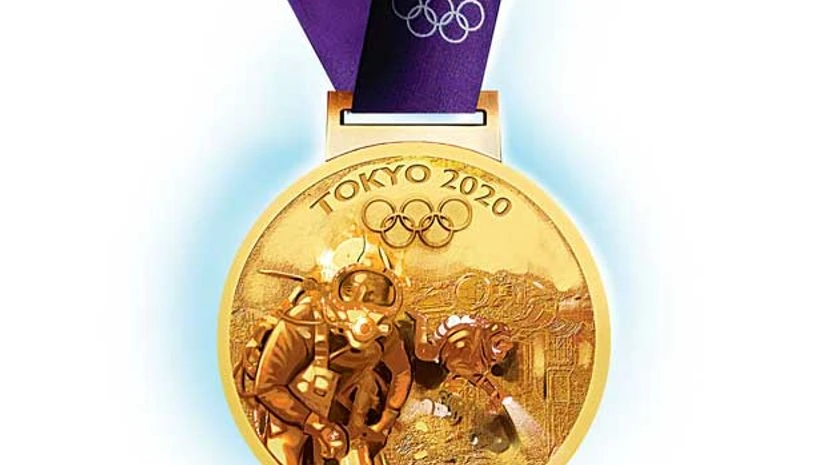As deep as 1,600 metres (5,250 feet) under water and 1,500 kilometres (930 miles) from Tokyo, work has begun on the new hunting ground for metals in Japan, a country so devoid of natural resources that most of what it needs has to be imported.
As the island nation depleted most of its land-based minerals in the economic boom that followed World War II, scientists have identified swathes of the sea floor littered with nuggets containing everything from copper to gold left over from the volcanic activity that created the archipelago millions of years ago. The trick is extracting them at a profit, something a government consortium will start testing next year.
Ocean mining isn't new - Japan began exploring in the 1970s. But new technologies make it easier for companies like Canada's Nautilus Minerals Inc to collect mineral-rich rock from the sea. With more than 50 million metric tonnes of ore estimated in Japanese waters, the government wants to revive home-grown supply and ease dependence on imports. When Tokyo hosts the 2020 Olympic Games, bullion for gold medals may come from the deep ocean.
"Disruption of metal supplies may occur in the near future," said Tetsuro Urabe, a geologist who is director of the government's Next-Generation Technology for Ocean Resources Exploration Program. "We don't want to be in a panic when we are confronted with a copper crisis. Unless we develop various kinds of new technology in advance, we won't be ready for launch when needed."
It's not surprising that mineral resources sit untouched in deep waters around Japan. The country is nestled in the Pacific Basin along a line of volcanoes and fault lines known as the "Ring of Fire", a region prone to earthquakes and eruptions. When that volcanic activity occurs in the sea, magma pushes up from the Earth's crust. After it cools, the deposits contain minerals in far greater concentrations than those dug from the land. In the blackness of the deep ocean, engineers have used remote-controlled robots and special sensors to search the sea floor for the most promising deposits.
As the world's third-biggest economy and a major importer of everything from iron ore to oil, the country wants to exploit its rights to access sea-based mineral ores that one domestic industry group estimates may be worth 80 trillion yen ($784 billion). Under international maritime law, Japan holds sway over the area 200 nautical miles (230 miles) from its shores, constituting the world's sixth-largest exclusive economic zone.
Others also are trying to mine seabed ore in waters near China, South Korea and North America. So far, there isn't any commercial production, though Toronto-based Nautilus has a project under way off of Papua New Guinea, where the company plans to start mining gold and copper in the first quarter of 2018.
A Japanese consortium, led by Mitsubishi Heavy Industries Ltd and Nippon Steel & Sumitomo Metal Corp's engineering unit, will conduct a pilot mining and lifting of ore at the Izena sea hole in the area off the southern island of Okinawa next April. Japan has confirmed the deposit has about 7.4 million tonnes of ore, twice what was detected just three years ago.
© 2016 Bloomberg

)
